How Unreal Tournament mods created a wave of successful indie studios
The mod scene that gave us everything from Killing Floor to Alien Swarm to Sanctum.
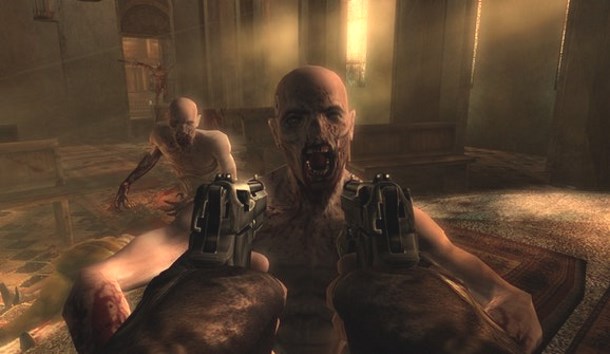
Alan Wilson, vice president of Tripwire Interactive, tells me his studio probably wouldn’t exist without the Make Something Unreal Tournament that Nvidia and Epic Games hosted in the early 2000s. "I’d say it’s 99 percent certain," he says.
In 2003 he and his roughly 60-person team were the rock stars of the Unreal Tournament modding scene, having successfully and breathtakingly transformed sci-fi arena shooter Unreal Tournament 2003 into Red Orchestra, the brutally realistic shooter set in World War II’s Eastern Front. Is it possible everyone involved could have used the experience to launch individual careers at big game studios? Of course. It happens with mods all the time. But only Epic Games’ support—and the award of a then-outrageously expensive Unreal game engine license—could have transformed the whole team into the studio we now know for Killing Floor, Red Orchestra 2, and Rising Storm 2.
You’ve probably heard this story before. Hell, we’ve told it ourselves. But the lesser known backstory is that Tripwire was only one of the successful indie studios that grew out of the Unreal Tournament modding scene and the the Make Something Unreal competition. Compared to the more familiar tale of major studios or publishers buying the rights to a mod and then turning it into DotA 2, Counter-Strike: Global Offensive, or PlayerUnknown’s Battlegrounds, the Unreal Tournament modding scene stands out for having created fully fledged studios. I don’t think it’s a stretch to say the indie scene we know today wouldn't be the same without it.
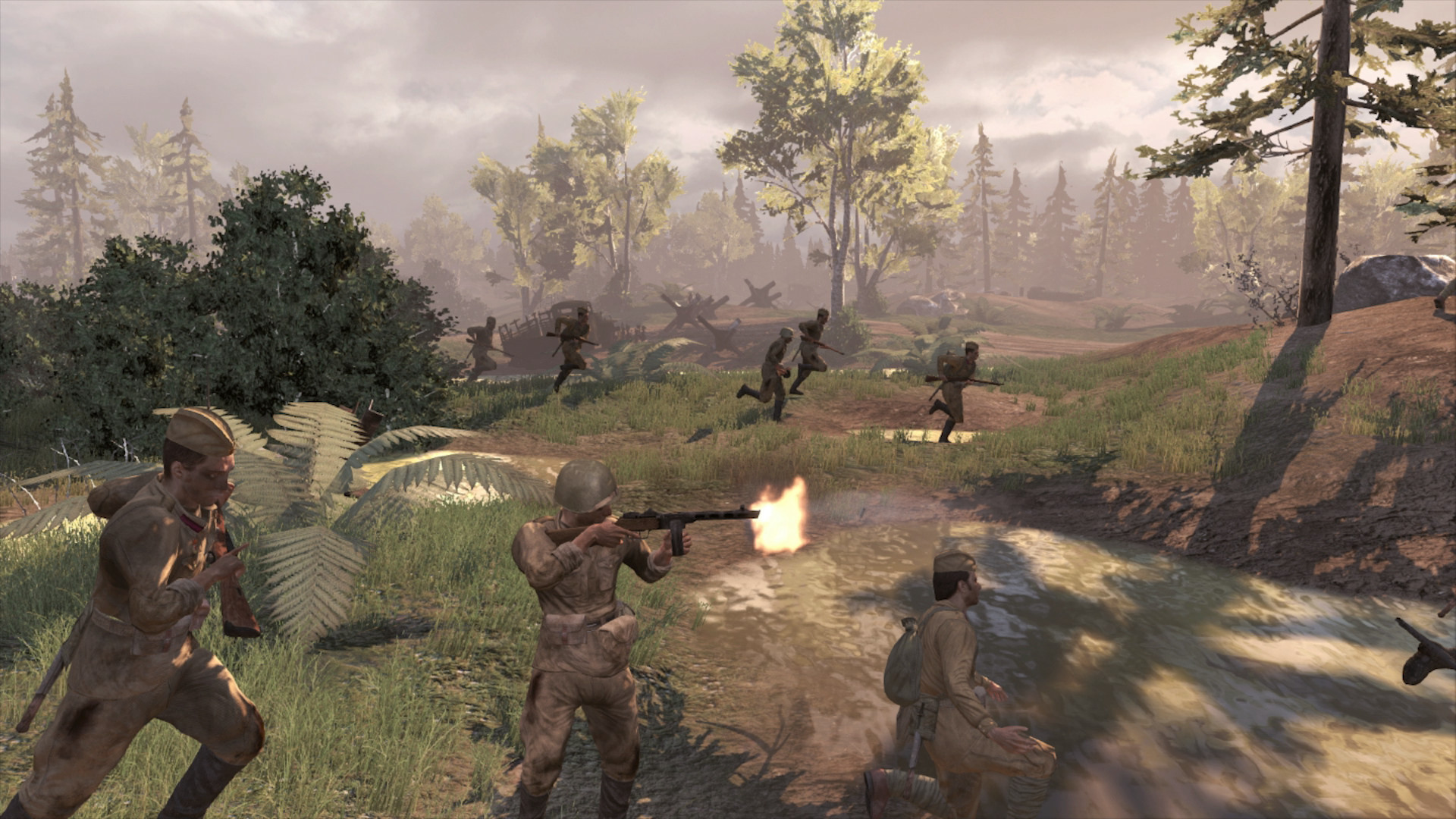
The many children of Unreal Tournament
Notably, Tripwire’s other hit Killing Floor grew out of the modding scene for Unreal Tournament 2004. But beyond Tripwire, there’s Coffee Stain Studios, best known for the oddball Goat Simulator—itself a creation of the Unreal Engine—but who also created the stunning first-person tower defense game Sanctum as a mod for UT3. There’s Sjoerd De Jong’s Teotl Studios, known for The Ball and The Solus Project, and New Zealand’s Digital Confectioners, who successfully launched shark survival game Depth, itself once an Unreal Tournament mod, on Steam.
The Unreal modding scene created a perfect storm we haven’t really seen since.
Still others followed the "adoption" model like DotA and Counter-Strike, including the team behind Alien Swarm, an Unreal Tournament 2004 mod that was picked up by Valve and released as a new game in 2010. Psyonix didn't directly emerge from the Unreal Tournament modding scene, but as Gamasutra reported in 2015, its hit Rocket League ultimately has its roots in a mod founder Dave Hagewood made for UT2003.
With a list like that, it’s tempting to wonder if many moderns games don’t allow extensive modding out of fear it could create too much competition. Epic, though, has long encouraged this kind of creativity. Unreal Tournament led to the founding of so many studios in part because Epic allowed its modders almost total freedom with its Unreal Engine in an age when "modding" often meant swapping weapon skins and making theme levels. Combining active support and encouragement from Epic itself with a large, enthusiastic modding community centered around a single popular series where it was relatively easy to make a name for oneself, the scene created a perfect storm we haven’t really seen since.
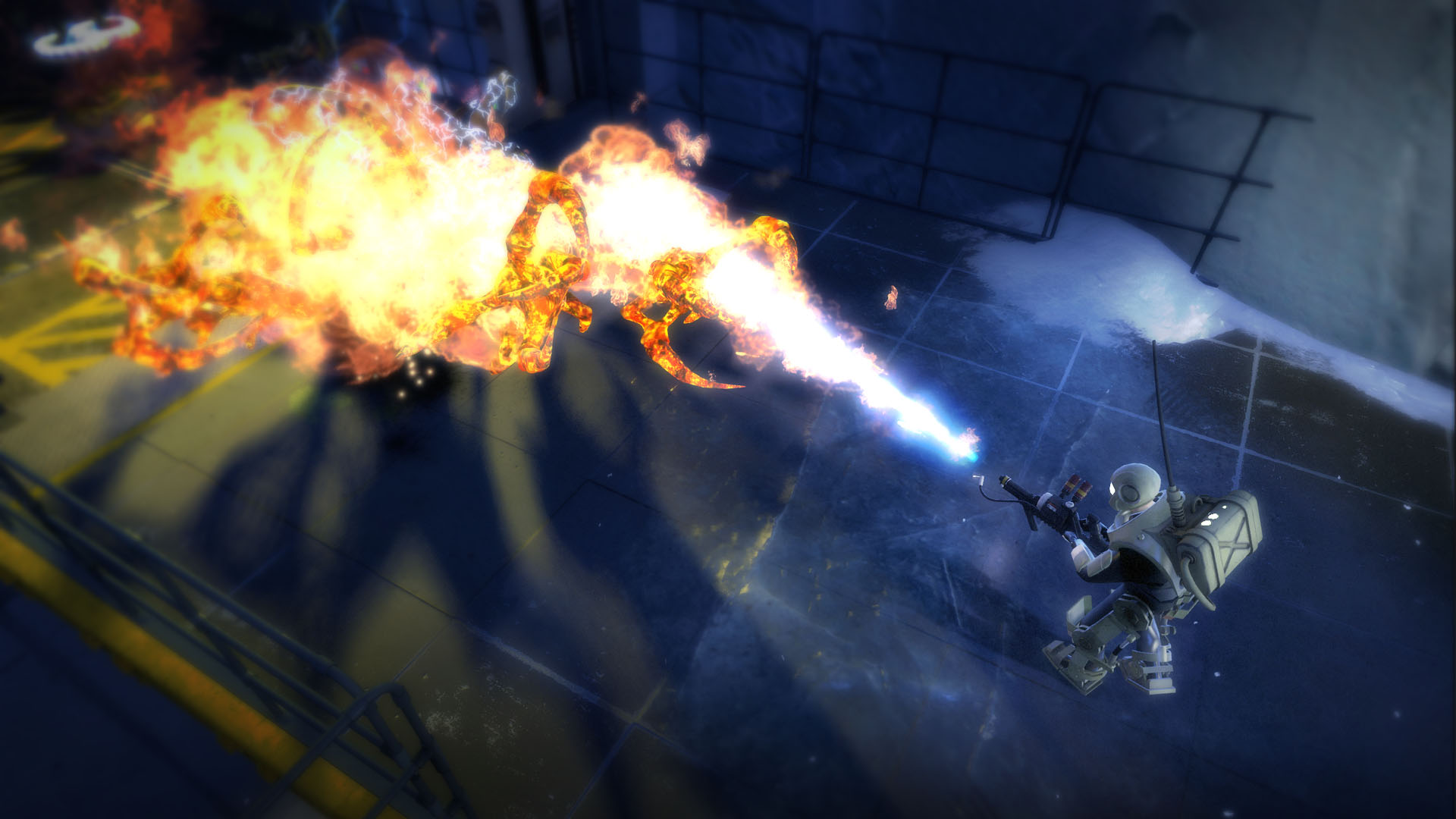
An engine of creation
Hearing early Unreal Tournament modders talk about the freedom of the Unreal Engine sounds almost like hearing tales of religious conversion. More than a decade later, there’s still a note of reverence in the words of Sjoerd De Jong, founder of Teotl Studios (and, these days, the European evangelist for the Unreal Engine), as he speaks about his first experiences with Unreal.
"It was 'What You See Is What You Get' in 1998, and way ahead of other tools when it came out," he says. "It was a revolution in terms of game dev tools. Unreal (and consequently Unreal Tournament I) was the first game that was able to blend different light colors together, it was able to display lighting directly in the viewport in the editor, it had a procedural texture generator and editor, it had volumetric fog, it had superb reflective surface support, it had dynamic lighting. And so on."
Anton Westbergh of Coffee Stain Studios had the same thoughts about it years later in 2009 when he was working on the original mod form of Sanctum. "Sanctum was a first-person shooter and a tower defense game, so we had to find an engine that allowed our team to get cranking quickly and since we were very visually driven, the potential and power of the Unreal Engine was appealing," he says. "It was easy to get up and going, and make something that looked great."
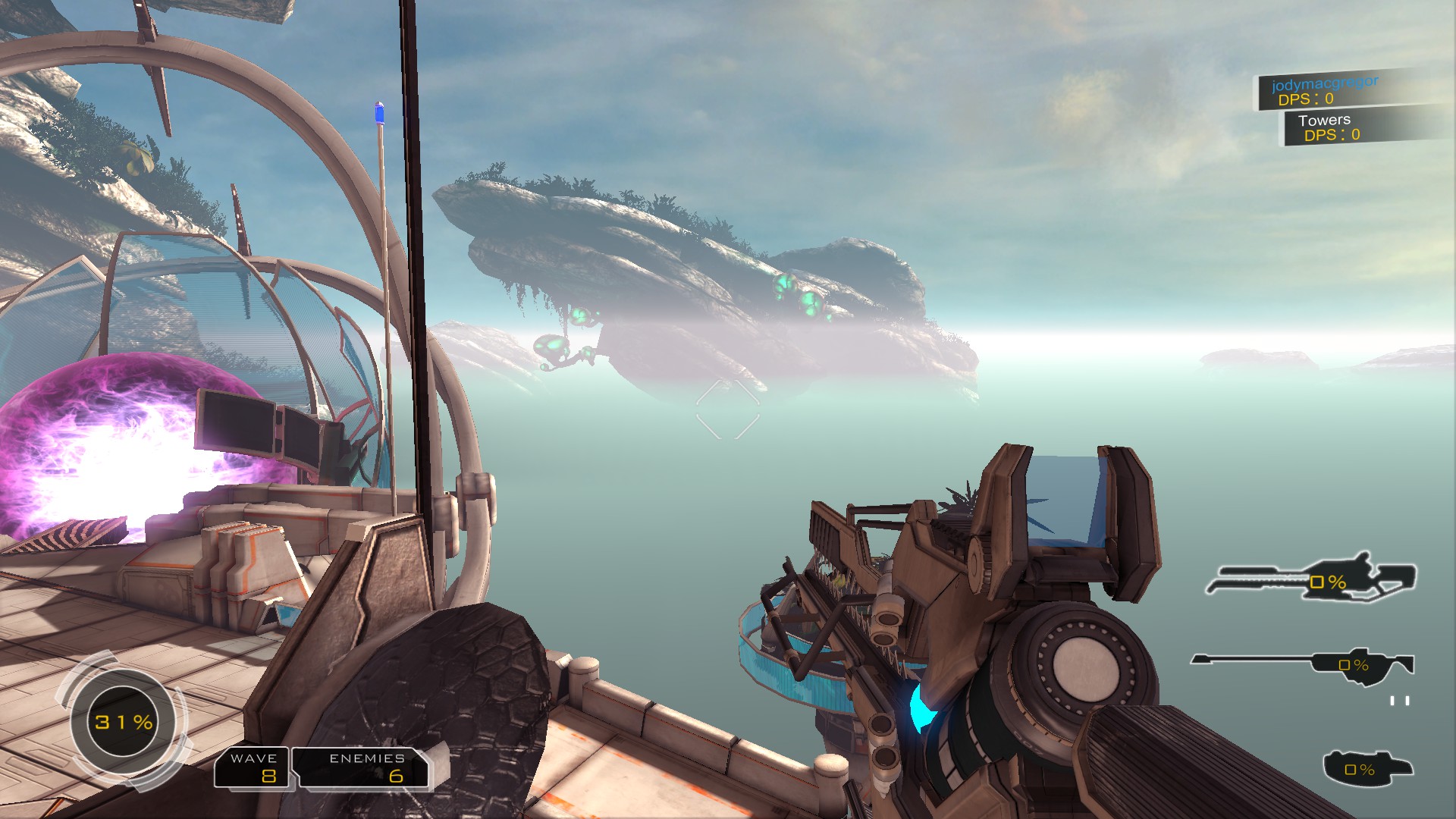
The road to Red Orchestra
The team that would become Tripwire was among the converted. Early in the 2000s, they dabbled in the mysteries of the engines used by Medal of Honor: Allied Assault and Battlefield 1942 for their ambitious project, but cast them aside once they discovered Unreal.
Keep up to date with the most important stories and the best deals, as picked by the PC Gamer team.
Like, buy a $10 copy of UT2K, and you're creating real games stuff
Alan Wilson, VP of Tripwire Interactive
"In terms of graphics, the Unreal engine is one of the best on the market," modder Antarian said in an interview with IGN at the time. "Its ability to support massive maps and models with huge poly counts and texture sizes allows us to make some truly stunning environments."
So liberating was Unreal Tournament 2003 as a modding platform that there’s barely a trace of it in the original Red Orchestra mod. Here instead was a game with "real-world" iron sights rather than crosshairs and grenades that damage from a distance, all set in the bleak eastern front of World War II where Nazis clashed with Russians amid ruins held up more by luck than gravity.
Red Orchestra transcended modding. Gaming had really seen nothing like it until then, and elements of it made their way into shooters that followed. The effort made Tripwire a proper studio almost by default. But Sjoerd De Jong discovered the Unreal Tournament modding scene came with other benefits besides providing a blank canvas. The business of promoting his mods, he notes, translated into the business of running a studio.
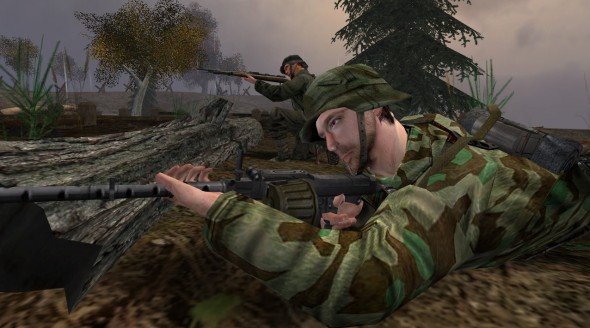
"Modding taught me a whole number of things that I otherwise wouldn't have easily mastered, I think," he says, describing his process of envisioning, developing, testing, and marketing his more than 50 popular maps and seeking out reviewers for them. "It taught me to deliver and get stuff done. It taught me to work with what I have (the game), and then be creative with those building blocks. It taught me about limitations in general, because modding is all about working within an existing game."
People looking for a career tend to be more focused on going with indie game dev than with modding nowadays
Sjoerd De Jong, founder of Teotl Studios
But at the heart of it all was always the accessibility of the Unreal Engine. "Like, buy a $10 copy of UT2K, and you're creating real games stuff," Wilson tells me. "Now you have the whole Unreal Engine (and others) completely free to use. We give talks at schools and colleges and always hammer home this point: this stuff is completely free to you to pick up."
Epic’s commitment to this type of creative freedom was so potent that in 2004 it partnered with Nvidia to kick off the first Make Something Unreal contest, which was aimed at granting $1 million to modders who produced the best work so they could advance their careers in game development. Few projects like it had been seen before or even since.
That first year, Tripwire’s Red Orchestra won the award for "Best First-Person Shooter" handily. As it turned out though, the $1 million prize really amounted to around $50,000, as most of the prize money was wrapped up in licensing. But it opened many doors that would have been closed otherwise. "It gave us exposure, publicity, feedback, experience, and an engine license we couldn't have afforded on our own at that time," Wilson says of Tripwire’s win.

Anton Westbergh’s team won fourth place in both the Best FPS Mod and Educational categories with Sanctum in the 2009 MSU competition, and he discovered cash prizes weren't the only benefit of winning. "It gave the team a big morale boost," Westbergh says. "Without the success in the competition, I'm not sure Coffee Stain would have been around."
Four Make Something Unreal competitions were held in all, but there hasn’t been one since 2013. That’s partly because in 2015 Epic simply started giving out grants to anyone who created something with the Unreal engine that impressed them.
The changing face of modding
So why haven’t we seen another wave of successful indie studios growing out of a specific game’s modding community? In De Jong’s view, the conditions are no longer the same. "People looking for a career tend to be more focused on going with indie game dev than with modding nowadays," he says. "A shame, I think."
He points out that fewer games support modding, and that there’s now a larger focus on business models like free-to-play that don’t play as nicely with mods. For that matter, he says, modding is simply less prestigious. There’s less demand, and great mods aren’t as frequently in the news.
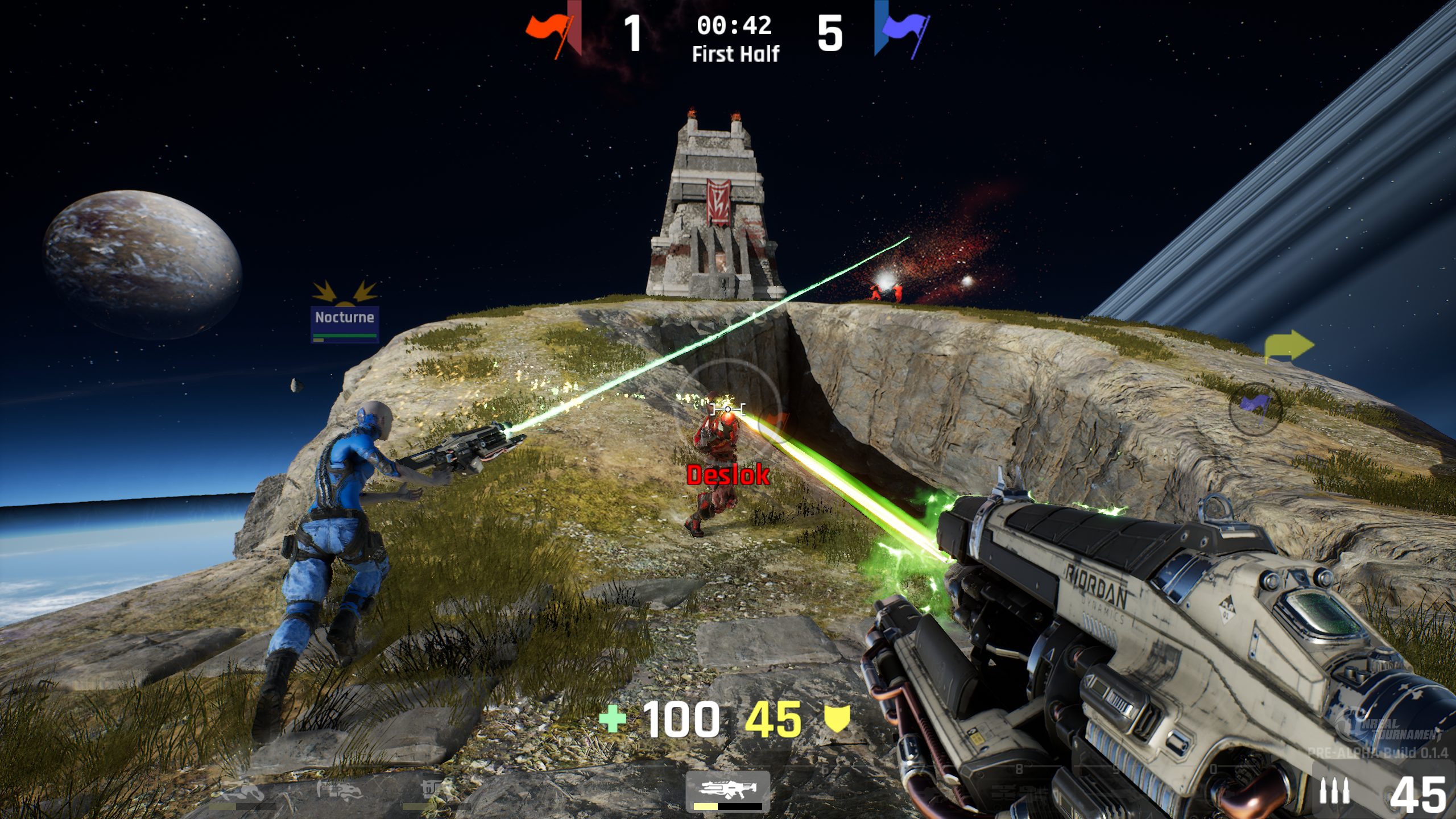
"I remember when I was making levels back in the days we had lots of community sites, and each of them had a Level of the Week, Level of the Month, and so forth section on their front page," he says. "The content was pushed forward, and most gamers too within the Half-Life/Quake/Unreal communities back then played custom levels and mods very often. Nowadays that isn't the case anymore."
Wilson scoffs at the idea, saying that "the floodgates opened a decade ago and it hasn’t really slowed up yet." He points to other games that started out as mods like DayZ and PUBG, and reminds me that Tripwire's own Killing Floor and the Red Orchestra franchise allow for content creation.
Epic, fittingly enough, played a major role in this shift to indie game creation when it opened Unreal Engine 4 to everyone—license-free—in 2015. All Epic asked was a 5 percent royalty on gross revenue after the first $3,000 per product, per quarter. You don’t have to look far to find the fruits of this development, which extend to everything from blockbusters like Gears of War 4 to the quiet Myst-like Obduction or the long-awaited Shenmue 3.

All the same, though, the associated freedom makes the fight to the top so much harder. Modding communities in the busy early days gave hopeful developers an already-large and enthusiastic community. Standing out was comparatively easy, thanks in part to the developer attention De Jong described.
Nowadays, though you may be starting with the Unreal engine at your command, you’re starting from scratch with everything else. That means not only does your game have to be good, it also has to rise through cluttered spaces like YouTube, Reddit, and Twitter, all while wrestling with the Kickstarters and Patreons and other precarious means of gaining funding. Compared to the glory days of Unreal Tournament modding, it’s work that’s done in comparative isolation.
Were the old days better? That’s not an easy claim to make, considering that we’re smack in the middle of a golden age of indie gaming.
But I do believe the path from mod to studio was slightly better then, bolstered as it was by well-meaning publishers and developers, a gaming community that loved mods more and was more tightly focused on specific games, and competitions hosted by big-name manufacturers and studios that gave modders high-profile venues to showcase their greatness. Fittingly, it was a bit like a tournament, and one that unfolded in an arena where fans could cheer on the favorites they’d come to love.
The modern approach feels more like shouting in a crowd, hoping your voice will be heard among the hundreds of thousands around you. Compared to the wonderful alchemy allowed by Unreal Tournament and Epic in the last decade, success in those conditions feels almost unreal.

